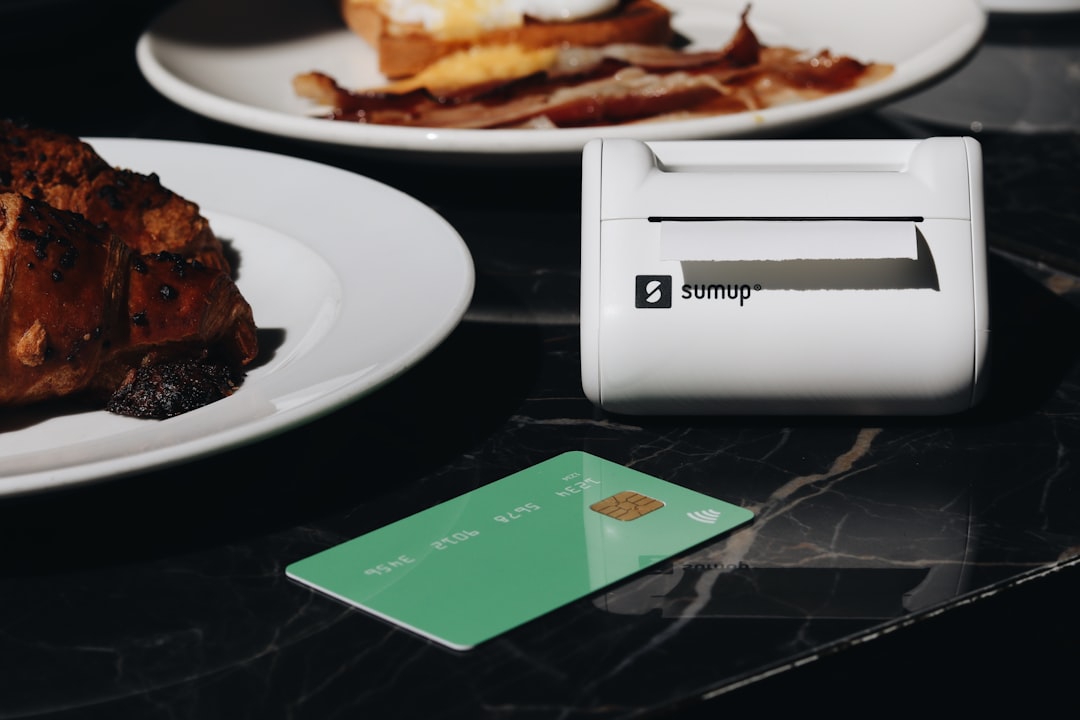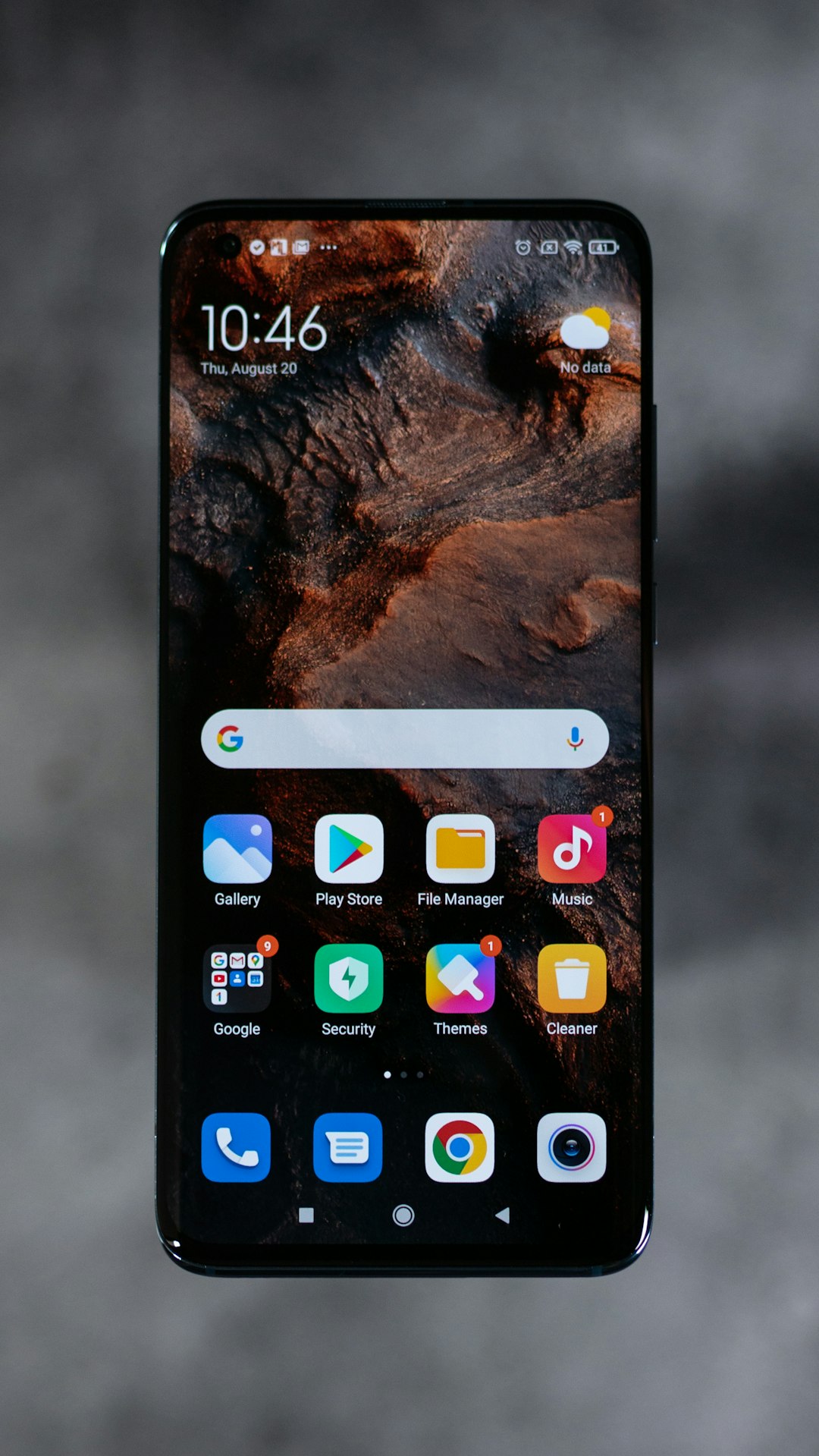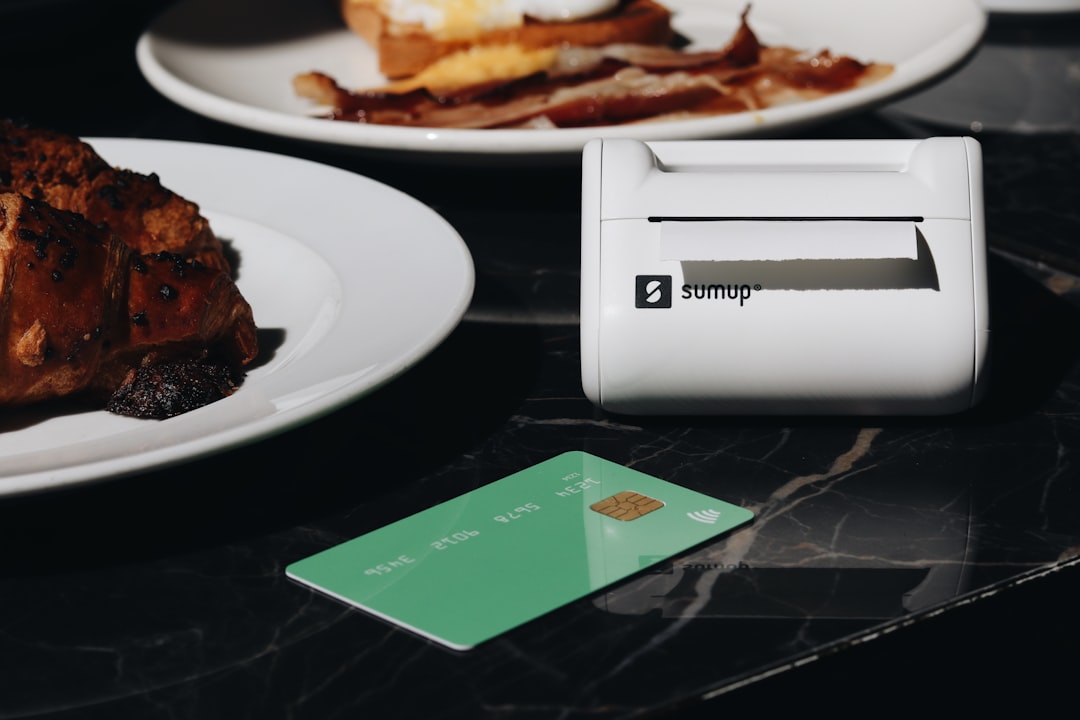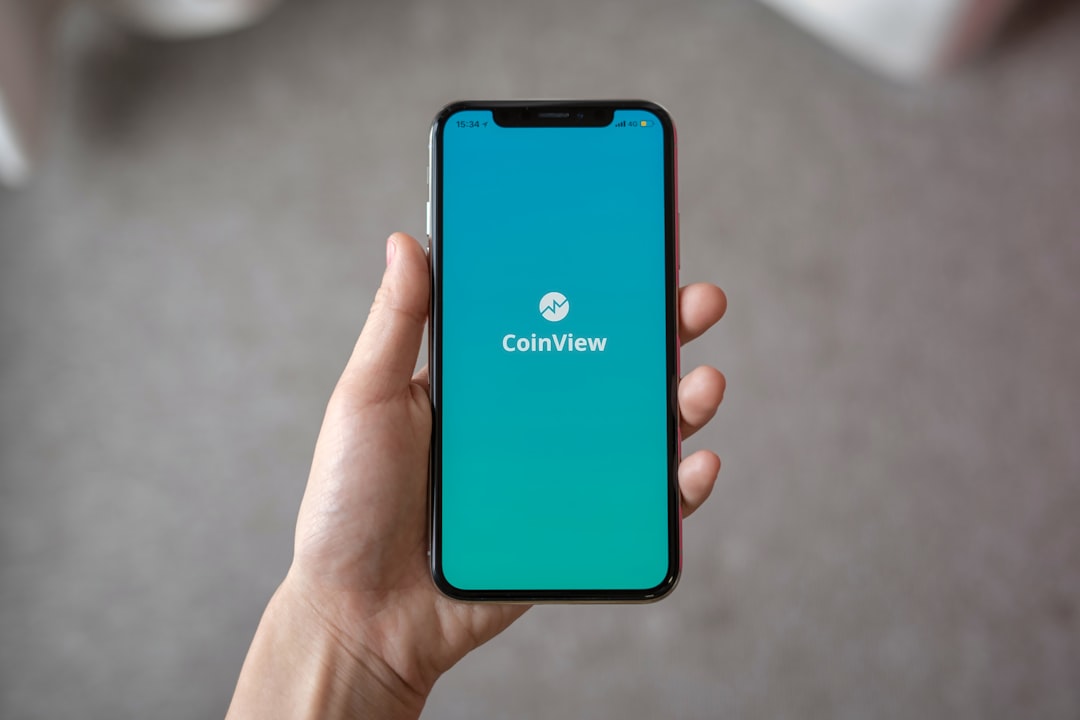Robocalls are a common nuisance in North Carolina, but state laws offer robust protection. Individuals can stop unwanted calls by leveraging consent requirements and reporting them to relevant authorities. Specialized lawyers help victims understand their rights, file complaints, and pursue legal action against robocall culprits. Additionally, mobile apps like Call Blocker and NoMo Robo use AI to identify and block automated messages, providing a simple solution. When choosing an app, consider call blocking, spam reporting, and custom filtering. For expert guidance, consult a lawyer specializing in robocall laws in North Carolina to navigate regulations, file complaints, and block future calls effectively.
In North Carolina, like many states, robocalls have become a ubiquitous and often unwanted nuisance. These automated calls, often used for marketing or fraudulent purposes, can be particularly prevalent among residents. This article explores effective solutions to combat this issue, focusing on legal protections available under North Carolina laws and the best robocall blocking apps tailored to local needs. We also guide readers on choosing the right app and offer insights into seeking help from a lawyer specializing in robocall laws for more advanced issues.
Understanding Robocalls and Their Impact in North Carolina

Robocalls, automated telephone calls made en masse, have become a widespread nuisance in North Carolina and across the nation. While many robocalls promote legitimate services or products, others are used for deceptive or fraudulent purposes. These unwanted calls can range from marketing messages to scam attempts, causing significant frustration among recipients. In North Carolina, as in many states, laws exist to protect consumers from excessive and misleading robocalls.
The impact of robocalls is substantial. They disrupt daily life, waste valuable time, and contribute to rising stress levels. Many residents of North Carolina find themselves constantly on guard against potential scams or nuisance calls. A lawyer specializing in robocall laws can help individuals navigate these complex issues, offering guidance on how to stop unwanted calls and seek legal recourse when necessary. By understanding their rights and available options, North Carolinians can take proactive steps to mitigate the effects of robocalls.
The Role of Legal Protections Against Robocalls

In North Carolina, as in many states across the country, there are strict legal protections against robocalls designed to safeguard residents from unwanted and fraudulent communications. These laws empower individuals to take action against persistent robocallers by providing avenues for recourse through legal channels. A lawyer specializing in robocall cases can be an invaluable ally in navigating these protections. They can help victims understand their rights, file complaints with relevant authorities, and even pursue legal action against the culprits.
Robocalls are not just an inconvenience; they can be a significant source of stress and even pose financial risks for those frequently targeted. By leveraging North Carolina’s legal framework, individuals can fight back against these automated calls. This includes laws that mandate consent for recorded phone communications and provisions that allow residents to register complaints with the Federal Trade Commission (FTC) or state attorneys general’s offices. A lawyer for robocall cases in North Carolina can guide victims through this process, ensuring they receive the protection and justice they deserve.
Top Robocall Blocking Apps for North Carolina Residents

In the battle against relentless robocalls, North Carolina residents now have a powerful ally in the form of dedicated mobile applications. These apps offer a simple yet effective solution for those tired of unwanted calls from telemarketers and scammers. By utilizing advanced technology to identify and block these automated messages, users can reclaim their peace of mind and time.
Among the top-rated options available is Call Blocker with its sophisticated AI algorithms. This app has gained popularity among North Carolina residents seeking legal protection from robocalls. Another notable mention is NoMo Robo, a game-changer in the privacy space, ensuring users stay undisturbed by unwanted calls. With features like smart call identification and personalized blocking, these apps provide an efficient way to deal with the nuisance of robocalls, even for those without a lawyer for robocall assistance.
How to Choose the Best App for Your Needs

When selecting an app to combat robocalls in North Carolina, consider your specific needs and preferences. Different apps offer various features such as call blocking, spam reporting, and custom number filtering. Some even provide advanced AI capabilities to learn and adapt to your calling patterns.
Look for an app with a user-friendly interface and robust privacy settings to ensure your data is protected. Additionally, check if the app integrates well with your existing communication platforms like your smartphone’s native phone app or VoIP services. Reputable developers often prioritize security updates, so choose apps that offer regular patches against new robocall scams. Engaging a lawyer for robocall issues in North Carolina can also guide you in selecting legal and effective solutions, ensuring compliance with local regulations.
Getting Help from a Lawyer for Robocall Issues

If you’re tired of receiving unwanted robocalls in North Carolina, you may want to consider seeking legal assistance. A lawyer specializing in telemarketing laws can help navigate the complex regulations surrounding these calls and protect your rights as a consumer.
In North Carolina, there are specific laws in place to curb excessive robocalling, such as the Telephone Consumer Protection Act (TCPA). A qualified lawyer will be able to guide you on how to file a complaint with relevant authorities and potentially pursue legal action against the culprits responsible for these intrusive calls. They can also advise on blocking future calls and help ensure your privacy rights are respected.






